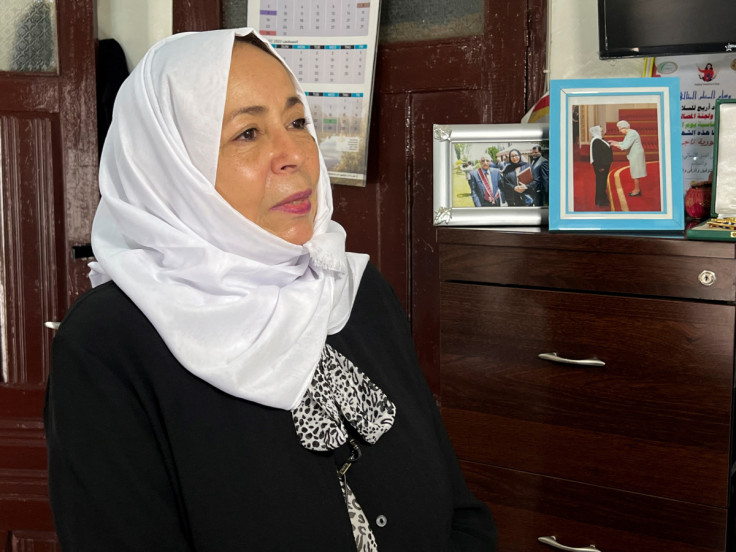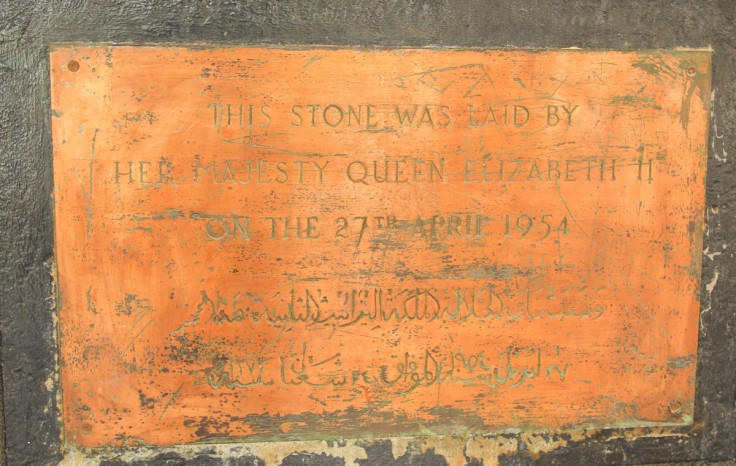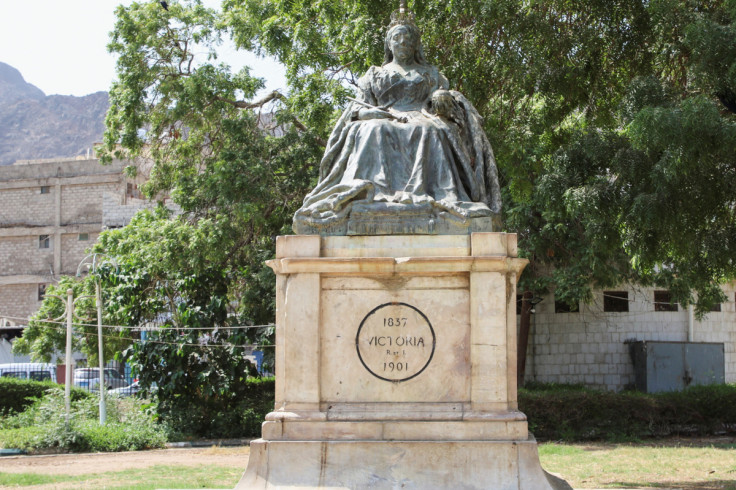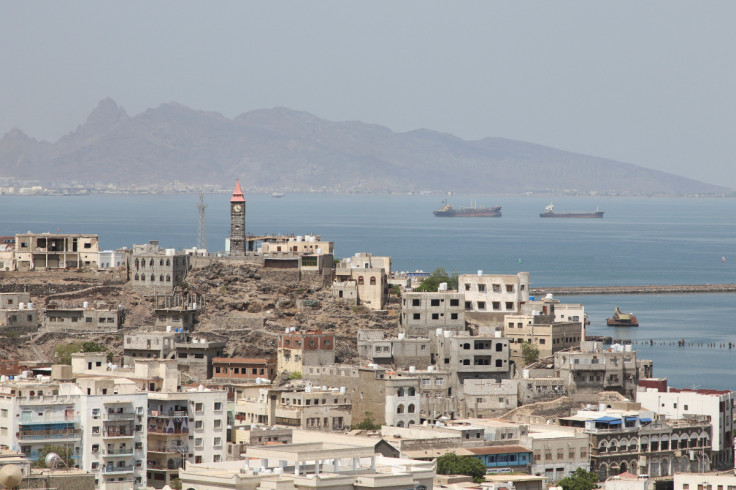In Once Flourishing Aden, Yemeni Matriarch Recalls British Queen's Visit

Kulthoom Muhammad Saeed was 12 years old when a young Queen Elizabeth visited Aden, then one of the world's busiest fueling ports and a strategic piece of Britain's crumbling global empire.
Nearly seven decades later, Yemen's long years of war and neglect have taken a devastating toll on Aden, and the death of the queen has made Kulthoom nostalgic.
"Honestly, we were comfortable in the British colonial days. We weren't suffering," the diminutive 80-year-old said, describing how she was able to raise a family of six on a modest income. "When we were under colonialism, we were in God's grace and safety."
Queen Elizabeth died last week aged 96 after a 70-year reign. She was Britain's longest-serving and most travelled monarch.
Speaking in her home next to a hospital founded by the queen, Kulthoom said young and old in Aden turned out to welcome her during a 24-hour visit in 1954, part of a round-the-world tour Elizabeth made in the first year after her coronation.
News footage of the visit showed the queen awarding knighthoods to a senior British air force officer and a Yemeni leader from the eastern Hadramaut region, and watching a march past of Yemeni troops, some riding camels.
"The people were all content, young and old were happy," Kulthoom said, listing districts of Aden where residents turned out to greet the queen.
UPRISING AND WAR
A bronze plaque still marks the foundation stone Elizabeth laid for a hospital which bore her name until the end of British rule in 1967, when it changed to Jumhouriya (Republic) Hospital.
In that intervening decade the goodwill on display during the queen's visit dissolved. A four-year uprising, during which hundreds of people were killed, drove out British troops.
Britain had captured Aden in 1839, seizing it to control the entrance to the Red Sea and protect routes to India. In 1937 it became a Crown Colony with great strategic importance to the British.
Aden then became the capital of the socialist South Yemen, which merged with the north in 1990 before unsuccessfully trying to break away in a civil war four years later. The city has seen heavy fighting again in the latest conflict which broke out when fighters from the Iran-aligned Houthi movement seized much of the country in 2014.
For Nouria Naji, director of the Yemen Education and Relief Organisation which has championed access to education for poorer children over the last two challenging decades, the death of Queen Elizabeth also brought back memories.
Naji was honoured by the queen in 2013 for her work, which was described in her citation as transforming the lives of women and children in Yemen.
Holding a picture of her investiture ceremony in London, she said she stood proudly "as if I were a soldier" as the queen made her an Officer of the Order of the British Empire, as her award is formally known.
"When they called my name: 'Nouria Naji is honoured for her work in Yemen,' the name of Yemen made me feel that I was holding the whole world in my hands," she said. "It was a great honour and great pride".




© Copyright Thomson Reuters 2024. All rights reserved.




















